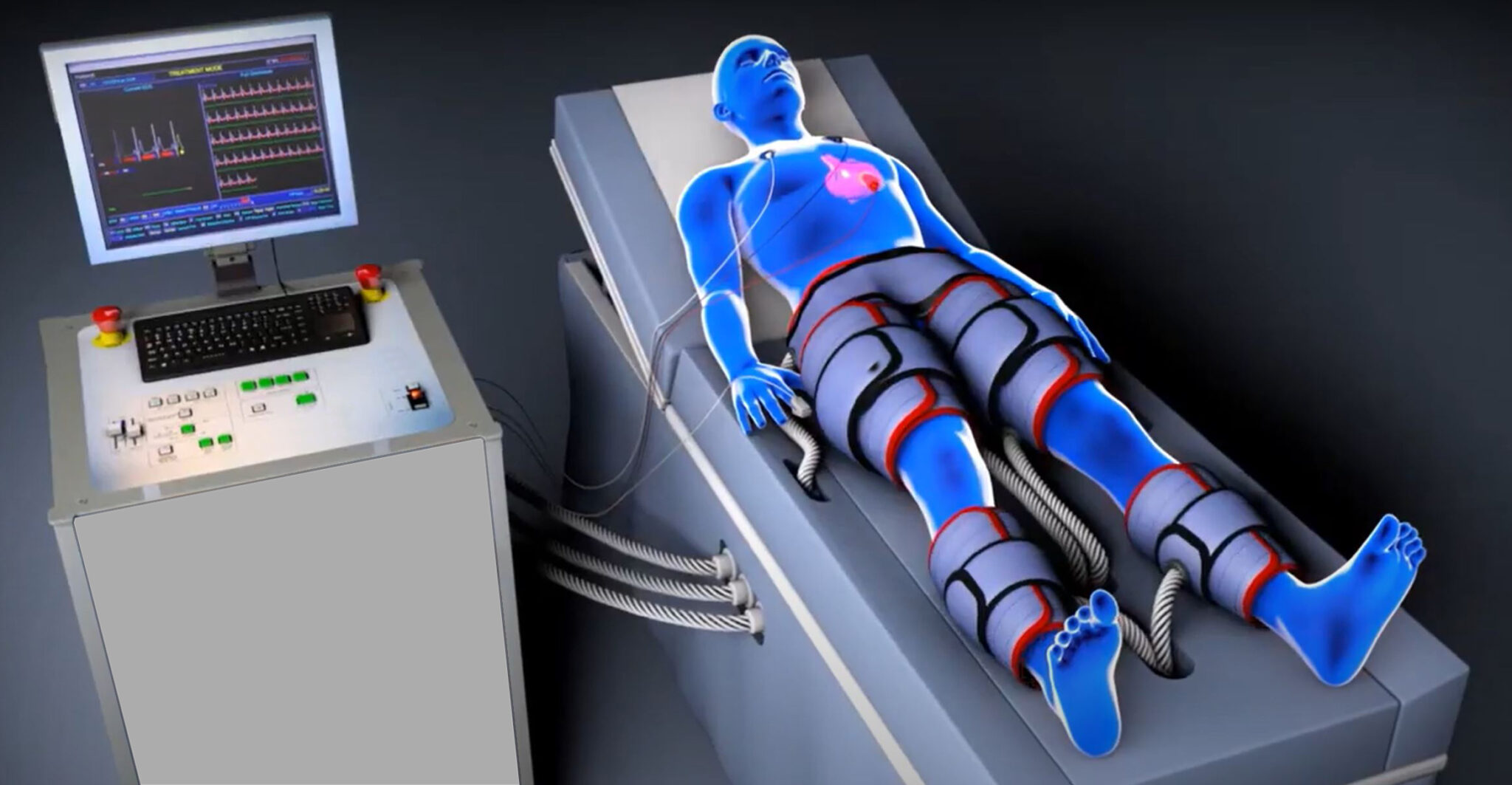Dec 11, 2023
Impact of Proton Pump Inhibitors on Kidney Function and Chronic Kidney Disease Progression

Chronic Kidney Disease [CKD] - PPIs are a group of drugs that are frequently administered to treat digestive problems in the rapidly evolving field of healthcare, where pharmaceutical developments are the standard. Yet as PPIs are so widely used, there are worries about how they can affect kidney health and the development of chronic kidney disease [CKD].

















